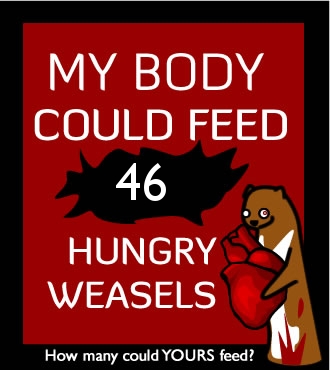Ever wonder why there is a plethora of pigeons frequenting most downtown areas and not a bunch of smaller, nicer, or prettier birds? It turns out that pigeons are smart. Recent research has revealed that most birds that are urban, meaning they live in the city, have bigger brains than birds that live in the country. And, big-brained birds have a greater potential for what we like to call street smarts.
Of course, people who own pigeons, nice domesticated ones as opposed to the trash-eating ones on the street, have known this for a long time. Pigeons are highly trainable and have been used to carry messages during wartimes for many countries, including the US. In fact, 32 individual birds have actually been awarded medals for their service to the British military. Pigeons are also bred for sport, such as racing, and we have attributed many a romantic tradition to doves, even though doves really are just small pigeons (in fact, the name ‘pigeon’ and ‘dove’ are used interchangeably by scientists)
Why study bird brains? Alexei Maklakov and his European colleagues were actually interested in the effects of increased urbanization. As our human population booms, more and more areas are going to be urban instead of rural. They wanted to know which sorts of species fared well in this steadily enlarging urban setting. Brain size was linked to the ability to survive in novel and changing habitats, such as the city.
So, if city birds are smarter than country birds, does this mean the country birds are in trouble? The research shows that smaller brained birds tended to avoid urbanized areas. This means that as these areas get smaller, the available habitat for such birds is shrinking. That we are losing much of our wild lands is nothing new. However, the notion that bird brains just cannot cope with the change, is new. This research suggests that the smaller birds simply have trouble adjusting to change.
Makalov and colleagues suggest that street smarts ‘help birds find innovative solutions to problems such as a lack of trees, ubiquitous plate glass windows, and deciding whether or not to eat street-cart hot dogs off the sidewalk’.
Thursday, April 28, 2011
Subscribe to:
Post Comments (Atom)






No comments:
Post a Comment